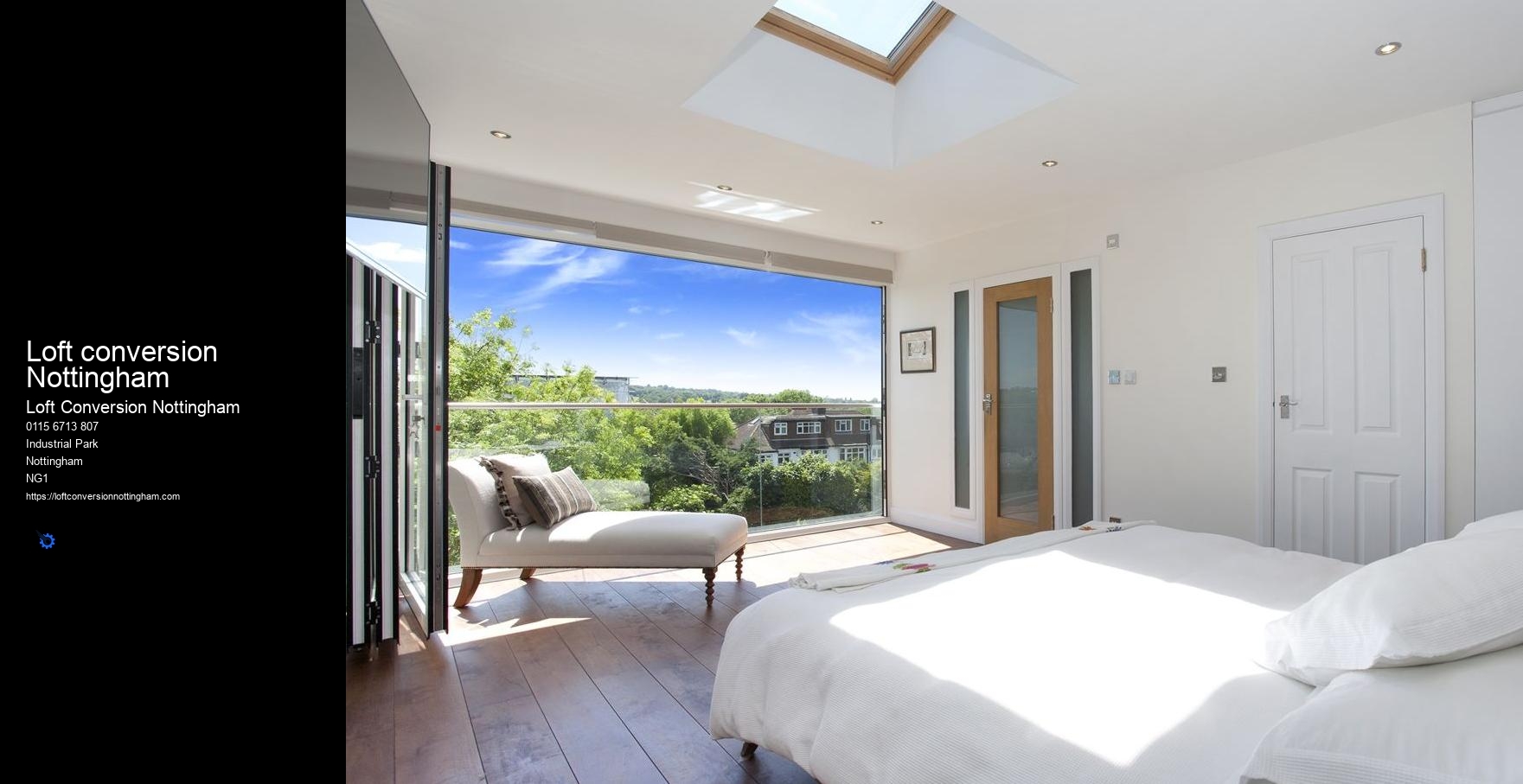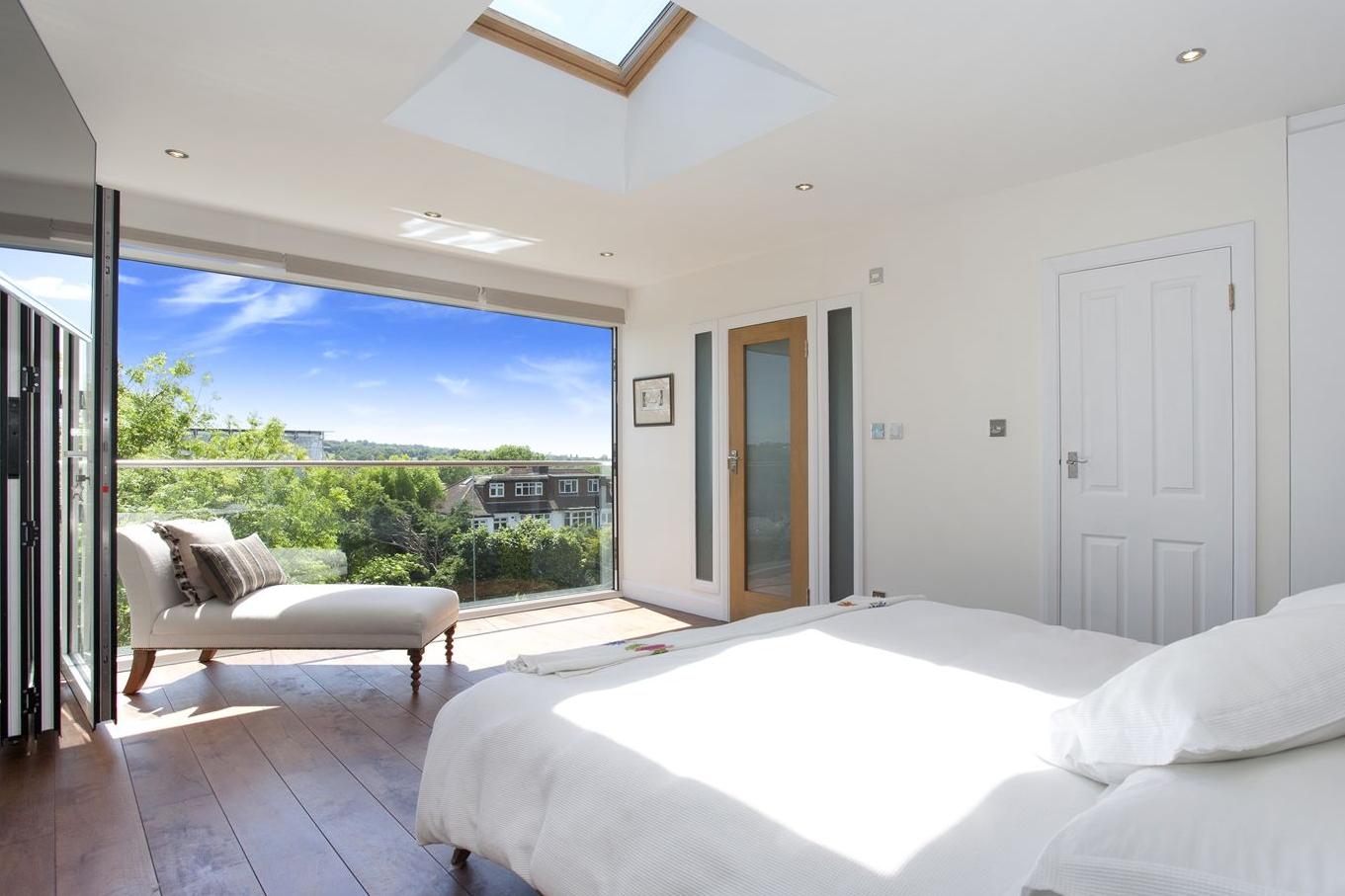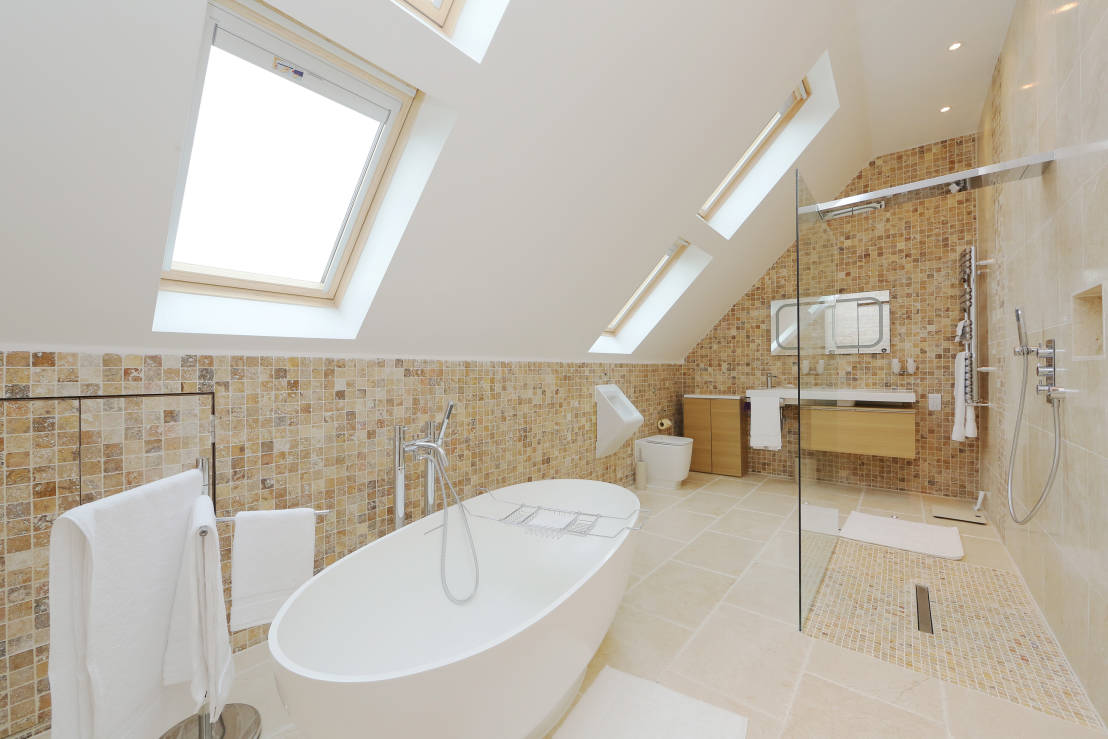Finally, the last most expensive part of a loft conversion in Nottingham is likely to be the cost of any additional electrical and plumbing work that may be required. Electrical and plumbing work is important for any loft conversion as it helps to ensure the safety of the occupants. The cost of any additional electrical and plumbing work is based on the complexity and scope of the work needed.
When considering the most expensive part of a loft conversion in Nottingham, it is important to factor in all of the costs associated with the project. From the roof to the labour costs, the total cost of a loft conversion can quickly add up. However, the result of a successful loft conversion can be well worth the expense.
Loft conversions are a great way to add space and value to your home without sacrificing existing space. They are usually cheaper than extensions, as they don’t require any new foundations or structural work. However, they do still require planning permission and you will need to ensure that the headroom in your loft is sufficient for a conversion.
Ultimately, whether you choose a loft conversion or an extension largely depends on your individual needs and budget. If you need additional living space and have the budget for it, an extension may be the best option. However, if you are looking for a more cost-effective solution, a loft conversion may be the better choice for you.
The cost of having a loft converted in Nottingham will vary depending on the size and complexity of the project. Generally speaking, you can expect to pay anything from £10,000 to £50,000, depending on the amount of work that needs to be done. This cost will include the cost of planning permission, labour, materials and any follow-up work that needs to be done.
If you are considering having a loft converted in Nottingham, one of the first questions you should ask yourself is “do I need permission to convert a loft?” The answer depends on the type of loft conversion you want to do and the regulations that govern your area.
The answer to this question depends on a number of factors, including the size and complexity of the project, the time it takes to obtain planning permission, and the availability of materials and labourers. Generally, a loft conversion can take anywhere from 6 to 12 weeks to complete, depending on the complexity of the project.
The cost of an extension also depends on the type of extension you want. Single-storey extensions are usually the most cost-effective, while two-storey extensions can be more expensive. You may also want to consider adding features such as a conservatory or a garden room to your extension, which can add to the cost.
Finally, you should keep in mind that the cost of a loft conversion is likely to be higher in Nottingham than in other parts of the country due to the city’s higher property prices. However, the extra cost is likely to be offset by the increased value of your home after the conversion is complete.


